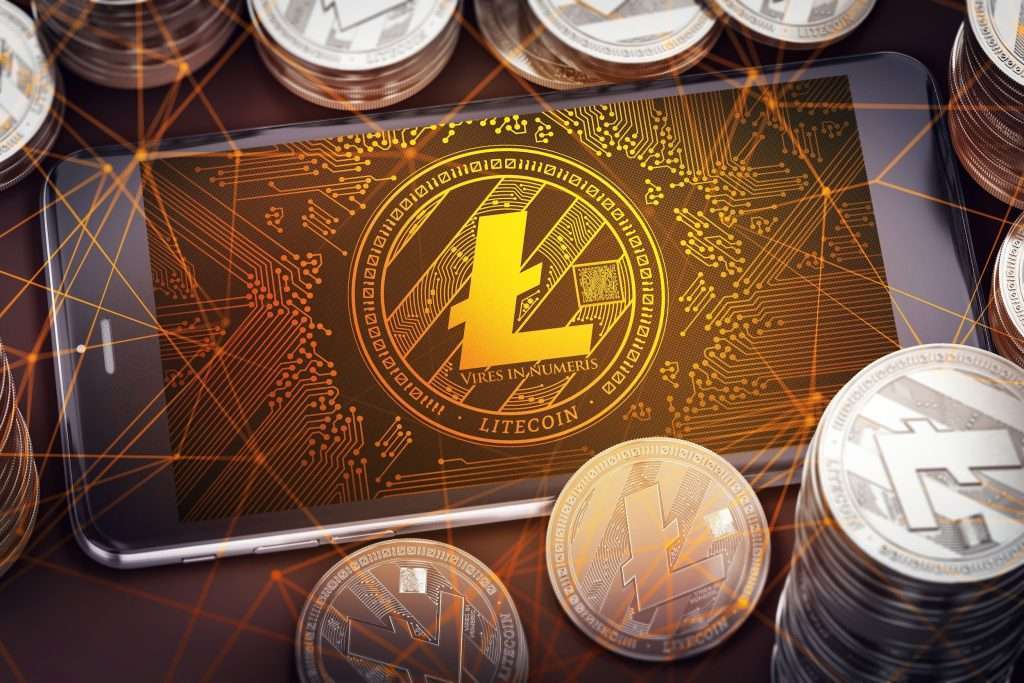|
Getting your Trinity Audio player ready...
|
Hong Kong is set to allow primary dealing of tokenized securities, the Securities and Futures Commission (SFC) announced on Thursday. This means that companies will be able to issue tokenized versions of their securities, such as stocks and bonds, for the first time in Hong Kong.
The SFC’s decision is a significant step forward for the development of the digital asset market in Hong Kong. It is also a sign that Hong Kong is committed to becoming a global hub for Web3 innovation.
In a statement, the SFC said that it is “of the view that it is appropriate to allow primary dealing of tokenized SFC-authorised investment products, as long as the underlying product can meet all the applicable product authorization requirements and the additional safeguards to address the new risks associated with the tokenization arrangement.“
The SFC also said that it is working on developing guidance on tokenized securities-related activities, which will be published in the near future.
The SFC’s decision is likely to be welcomed by the digital asset industry. It will provide companies with a new way to raise capital and investors with a new way to invest in digital assets.
Also read: Circle Rolls Out New Tools to Boost Web3 Development into Hyperspace
What is tokenization?
Tokenization is the process of converting a traditional asset, such as a stock or bond, into a digital token. This token can then be traded on a blockchain, which is a distributed ledger technology.
Tokenization has a number of advantages over traditional asset ownership. For example, it can make it easier and faster to trade assets. It can also make it easier to fractionize assets, so that investors can invest in smaller amounts.
What are the benefits of tokenizing securities?
There are a number of benefits to tokenizing securities. For companies, tokenization can make it easier and cheaper to raise capital. It can also give them access to a wider range of investors, including those who are interested in digital assets.
For investors, tokenization can make it easier and faster to trade securities. It can also give them access to a wider range of investment opportunities, including those that are not available through traditional markets.
What are the risks of tokenizing securities?
There are also some risks associated with tokenizing securities. One risk is that the underlying asset may not be properly regulated. Another risk is that the digital token may be hacked or stolen.
It is important for investors to carefully consider the risks before investing in tokenized securities. They should also make sure to invest only in reputable companies.
Conclusion
The SFC’s decision to allow primary dealing of tokenized securities is a significant step forward for the development of the digital asset market in Hong Kong. It is also a sign that Hong Kong is committed to becoming a global hub for Web3 innovation.
Investors should carefully consider the risks before investing in tokenized securities. They should also make sure to invest only with reputable companies.
I’m the cryptocurrency guy who loves breaking down blockchain complexity into bite-sized nuggets anyone can digest. After spending 5+ years analyzing this space, I’ve got a knack for disentangling crypto conundrums and financial markets.




